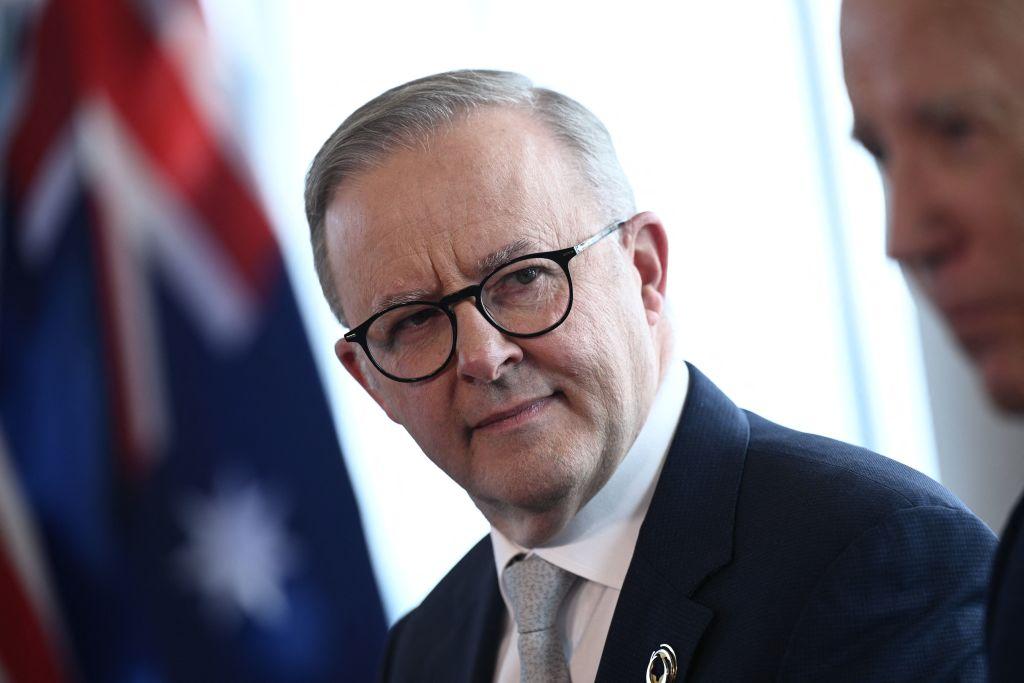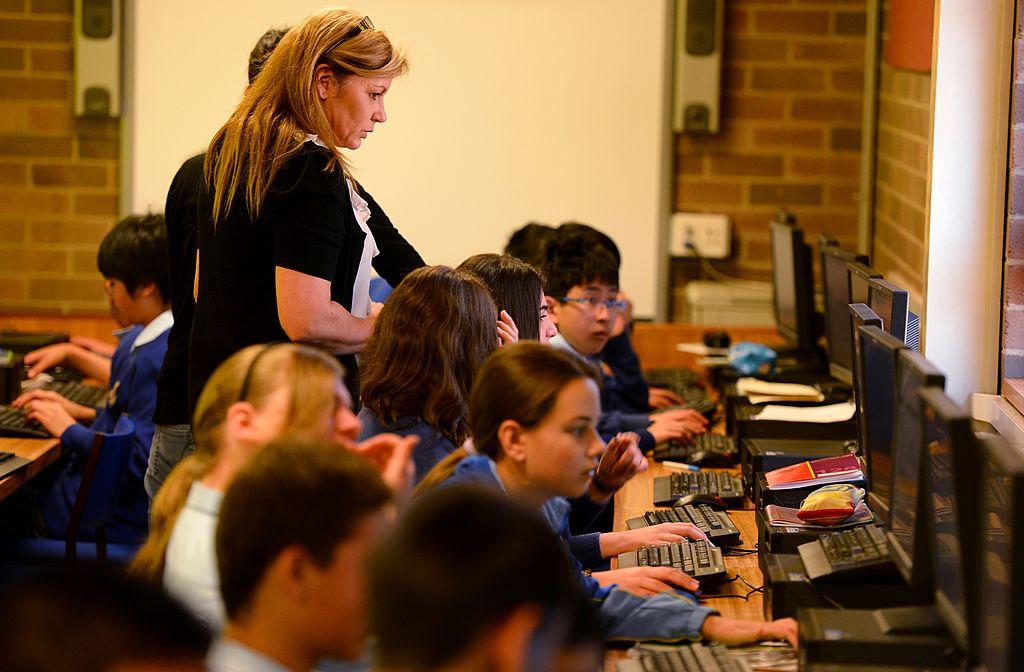The Albanese government announced Australia will rejoin the Green Climate Fund (GCF), a global body that aims to help developing countries cut emissions and adapt to climate change, on Oct. 5.
A spokesperson for Foreign Minister Penny Wong said Australia would modestly contribute to the GCF before the end of the year to win over Pacific partners’ concerns about climate change.





